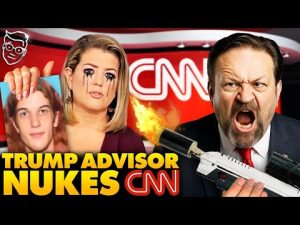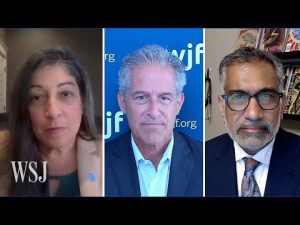In the grand theater that is Chicago politics, the city’s murder rate has been a persistent headline stealer for over a decade. With the Windy City consistently topping the charts for homicides, questions swirl about whether a federal intervention might be a wise decision. Some folks are wary of more federal government involvement, even though they don’t seem to mind pocketing those federal grants. It’s a bit like inviting the neighbors to a cookout but telling them they’re not allowed to bring any of their own hot dogs.
Alderman Raymond Lopez thinks that a federal boost could indeed be the right medicine to help drive crime statistics in the right direction, downward. Despite the stats beginning to look marginally better, Lopez questions why anyone would resist measures to make those numbers sink even faster, as if fewer crimes weren’t something worth celebrating. Yet, when federal help is on the table, the city seems to have second thoughts. It’s a peculiar dance, reminiscent of those people who complain about rain but refuse to carry an umbrella.
Mayor Brandon Johnson recently signed an executive order, ostensibly to shield the rights of Chicagoans. However, Lopez gives this move about as much credit as a soggy piece of paper. The Mayor, who reportedly should know something about federal authority from his days as a teacher, seems to have missed the part of the lesson where local actions don’t hold much sway over federal operations. It’s almost as if he issued a sternly-worded letter to the weather itself, hoping it would stop snowing in winter.
Lopez criticizes the Mayor for what he sees as attention-seeking stunts to rile up political points rather than tackling the real issues. Instead of reaching out for a chat with the White House, he seems more interested in making a splash in the local news. The city’s refusal to adjust sanctuary city laws to facilitate cooperation with federal law enforcement worsens the situation. A whopping 89% of Chicagoans, according to Lopez, would support such a change, yet the Mayor stands firm in his defiance, keeping his eye keenly on the next election cycle rather than the current crime wave.
The strained lines of communication between Chicago and Washington don’t seem to bother the Trump administration much. After all, it’s not the federal government’s obligation to hold hands with every local jurisdiction, especially when those jurisdictions have a habit of leaking law enforcement intel. The risk to federal officers, in such a scenario, is far too high. While the city may not see it as an “invasion,” the rest of us are left watching a political tennis match, wondering if anyone will remember that public safety isn’t supposed to be a spectator sport.







